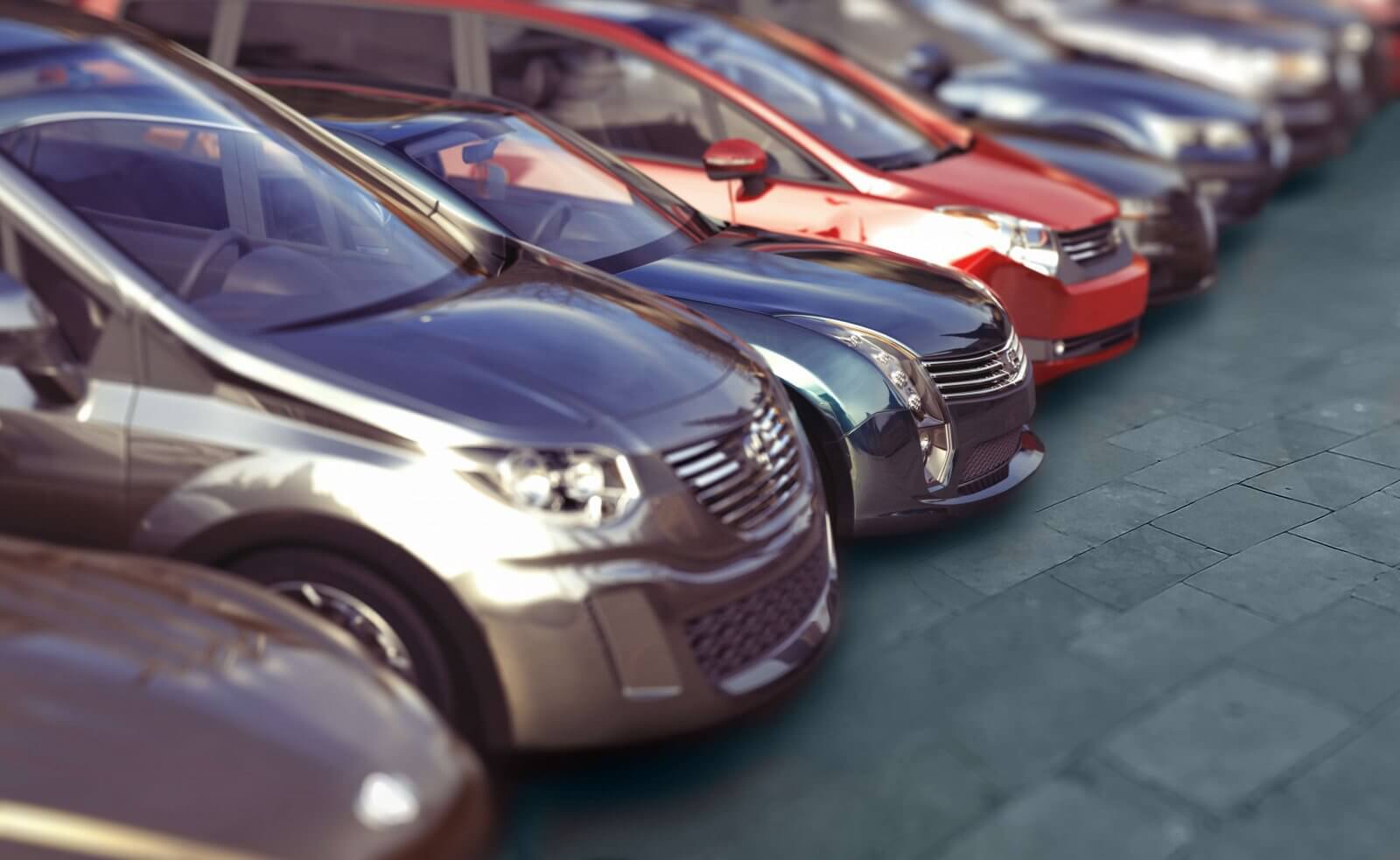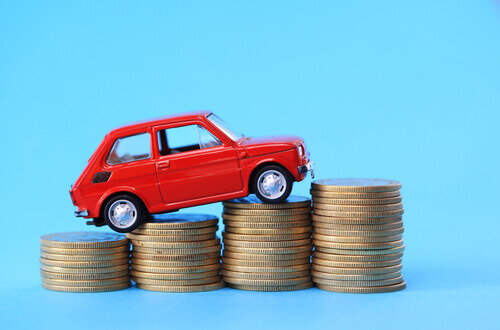
Your car is depreciating all the time, and you probably have little idea of its worth. According to Choice, Australian cars depreciate (on average) 14% each year for the first three years. That means a car that costs $30,000 will be worth less than $20,000 in just a few years!
The good news is that it’s easy to find out. If you’re looking to sell your car, run through our car valuation checklist to figure out what you’re ‘sitting on’.
How to determine what your car is worth
The best way to determine what your vehicle is worth is to use an online value estimator (like Redbook). It’ll provide a free estimation of a car’s value based on the make, model and year of manufacture. The estimate doesn’t consider where you’re selling the vehicle, as it will sell for a different price, based on local demand. For example, a 4×4 may be more sought after in rural areas than in urban centres, which could affect its value.
This tool does not account for your vehicle’s specific mileage, but rather provides a quote based on the average amount of kilometres the car has likely travelled. It does show you the value of some of your extras, like GPS and leather seats.
Finally, it’ll tell you the trade in and private sale price you’ll likely fetch in-market. It’s important to understand, however, how this price is affected by the little things. With that in mind, we’ve endeavoured to list those features and extras that affect the final value of your car.
What influences your car’s value?
It’s important to remember that a variety of factors contribute to your car’s value. To personalise your estimate, consider the following nine things.
Age
The age of your vehicle makes a big difference to your vehicle’s value. Typically, age decreases your car’s value. However, some vintage cars can increase in value over time.
Make & model
According to Cars Guide, popular models tend to hold their value, and are stronger sellers in the second-hand market. And while there’s never a guarantee that your car will hold its value, sticking with one of Australia’s favourites could be a safe bet.
Transmission
Generally, automatics are more expensive to buy new, which helps stave off depreciation. However, for some sports, off-road or classic cars, a manual transmission may be worth more.
Mileage
It may seem obvious, but generally the more mileage on your vehicle, the lower its value. Greater mileage means greater wear and tear on your vehicle’s parts.
For example, the Australian Bureau of Statistics notes the average vehicle travels 14,000 kilometres per year. If your car racks up more than this, its value may be lower than the average (although this isn’t always the case).

Colour
The colour of your car can say a lot about you, and makes a difference to your car’s value. According to Motoring.com.au, standard colours can lead to quick sales due to higher demand.
Furthermore, bolder colours may attract higher prices, but it may take longer to find a buyer. This is especially true for sports cars.
Condition (e.g. exterior, interior and mechanical)
The condition of your vehicle’s interior is critical. Things like smoking, claw marks from pets, and sticky fingers all degrade the inside of your car and decrease its value.
But it’s not only what’s on the inside that counts! Dents, scratches, rust spots and more on the car’s exterior are also likely to decrease your its value. Finally, make sure you service the car and maintain a logbook. It paints a clear picture to future buyers that your vehicle was well-looked after.
Non-standard features
Does your car have heated seats, automatic headlights, inbuilt GPS, or extra safety features? These may increase the value of your vehicle, so keep them in mind when assessing your car, especially if they’re not offered as standard.
The vehicle’s history
If your vehicle has been written off before, or if it’s had serious panel repairs, it’ll show up in a VIN (vehicle identification number)/REVS (financial encumbrances) check. On the flipside, buyers will favour cars with no history.
Aftermarket items
Custom extras like:
- chrome wheels
- superchargers
- aftermarket spoilers
- bull bars
- snorkels and snap winches
…may be valuable to you, but won’t necessarily add monetary value to your car. A combination of all the above factors will have a dramatic impact on your vehicle’s resale value.






